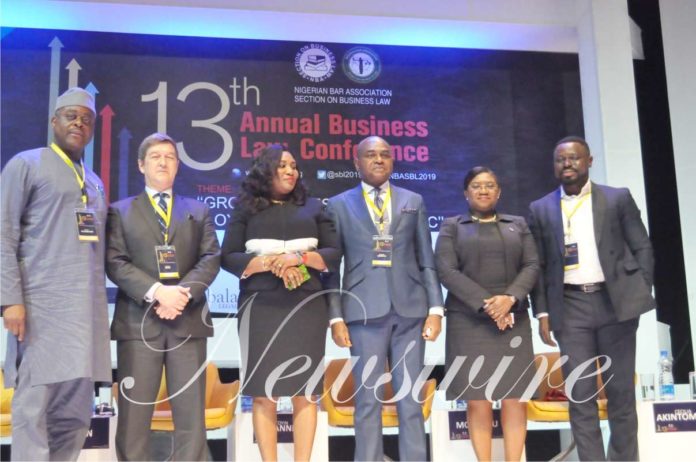
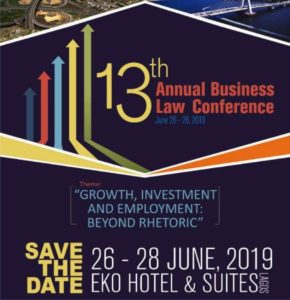
Triage: Experts Explore Confluence of Factors in Economic Growth at Opening Session of 13th SBL Conference
The first session of the 13th Annual Conference of the Nigerian Bar Association’s Section on Business Law (NBA-SBL) was the scene of highly stimulating intellectual fireworks as some of Nigeria’s most knowledgeable minds exchanged ideas on the critical intersection of sectors needed to ensure a wholistic growth in the country’s economy. Held at the majestic Eko Hotels and Suites in downtown Lagos, the opening session was chaired by the President of the Council of the Nigerian Stock Exchange (NSE), Otunba Abimbola Ogunbanjo. He was joined on stage by a distinguished panel of senior business leaders and economic thinkers, such as Andrew Nevin, Chief Economist at PriceWaterhouseCoopers; Toyin Sanni, Group CEO at Emerging Africa Capital Group; Prof. Kingsley Moghalu, President of the Institute for Governance and Economic Transformation, and a candidate for President of Nigeria in the 2019 general elections; Cecilia Akintomide, Independent Director at FBN Holdings Plc; and Fola Fagbule
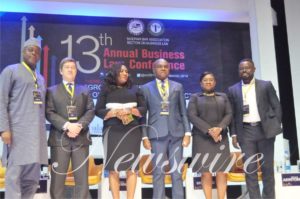
In line with the meaning of the word ‘triage’, which is a medical term for the practice of sorting patients in accordance with their need of care (or, the assignment of degrees of urgency to wounds or illnesses to decide the order of treatment of a large number of patients or casualties ) the chairman, Otunba Ogunbanjo did a brief overview of the country’s economic indices – especially in the past three years or so – most notably the ‘bruising recession’ of 2016, the relative recovery of 2017, and the formulation of the Buhari Administration’s Economic Recovery & Growth Plan. In the wake of a rather disruptive election cycle, he added, the reforms envisaged in the ERPG must now resume and be intensified. Nigeria, Ogunbanjo said, needs nothing short of a plethora of realistic solutions.
Speaking first among the panelists, Akintomide began by relating her company’s experience of playing in the Nigerian market, and its position on the dynamics of said market, which she described as being in crisis mode at present. What is needed, she concluded, is a restructuring of all sectors of the economy.
On his part, Nevin expressed the view that, as much as Nigeria needed to diversify its economy away from oil dependence, there was still the need to further develop the oil and gas industry – including the restructuring of the Nigerian National Petroleum Corporation (NNPC) as part of a larger drive to make sure that ALL sectors work. He also called for the development of the country’s real estate sector – which he described as ‘dead capital.’ Real estate, he disclosed, accounted for over 3% of the world’s assets and must be creatively utilized to spur Nigeria’s economic transformation. This capital, he insisted, must be unlocked – a measure which will entail a reassessment of the extant Land Use Act.
Other speakers – such as Toyin Sanni and Fola Fagbule and Cecilia Akintomide also called attention to the country’s infrastructural challenges and their impact on competitiveness, the exchange rate of the naira and the consequent inflation. They called on governments at all levels to catalyze private sector growth in key areas such as education, healthcare, housing and urban roads. To do this effectively, Sanni added, Nigeria would need foreign direct investment (FDIs) as well as foreign portfolio investments (FPIs), and a rapprochement between the public and private sectors to create the requisite enabling environment. In addition, she added, investors need to see that rules of engagement are clear and will be enforced as stated, devoid of knee-jerk approaches, policy somersaults or sudden surprises, that there is transparency and, more importantly, predictability. Policy-makers must remember, they warned, that investors have a choice NOT to invest in a market where a framework of predictable rules is absent. In particular, they all said, the 2018 Nigerian Corporate Governance Code must be adhered to. They also called for a renewed focus on comprehensive but fair taxation. Fola Fagbule also called for a different and more strategic approach to pricing for items such as electricity, fuel and gas, as well as greater transparency in public procurements. Akintomide also called for efforts to enhance the brand value of Nigeria as an investment destination by talking up areas in which progress, however slow or minimal, is being made.
Moghalu reiterated a number of the key talking points that animated his presidential run in 2019 – namely, that (a) that there was a lack of knowledge about what really makes an economy prosper; (b) that there was no philosophical underpinning to the way and manner the economy is managed in Nigeria – no one is sure whether along socialist or capitalist lines. This, he attributed to the lack of political will and the over-politicization of policy by a government that thinks that by pursuing populist policies, it was ‘helping the poor.’ To move the economy forward, Moghalu advocated an emphasis on skills training and more investment in human capacity development; a scaling-up of the agricultural value-chain; a N1 trillion venture-capital equity to support small and medium scale enterprises (SMEs), as well as a deliberate decision by individual families to have only the number of children they were able to cater for – considering the burgeoning population of Nigeria, which is projected to double in less than a decade’s time. On security, Moghalu again decried the absence of political will on the part of policy-makers due to extraneous concerns as well as primordial sentiments, and called for greater professionalism in the security apparatus. He also called for the total control of Nigeria’s border (not by building a wall a la Trump, but by setting up a mechanism whereby we can at least monitor the comings and goings of foreigners in our country and know who they are). On police reform, he called for state and local policing – but with strong federal oversight to prevent abuse or for the subversion of national sovereignty.
The highly engaging discourse was followed by an equally animated question-and-answer session, in which participants asked questions, made comments or expressed concerns about a range of issues ranging from the challenge of marketing Nigeria; breaking down ethnic and other barriers militating against good governance in Nigeria; and the challenge of generating employment beyond the scope of government, among others.
See photos below:

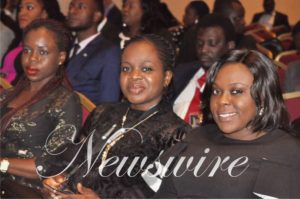
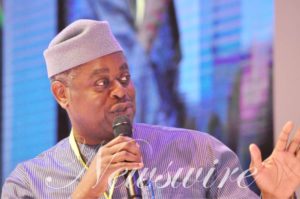
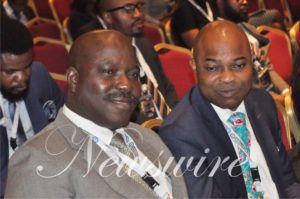
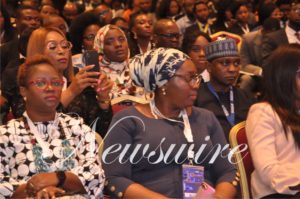
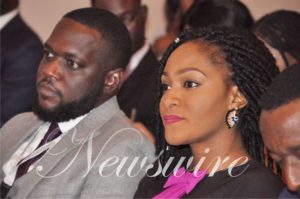
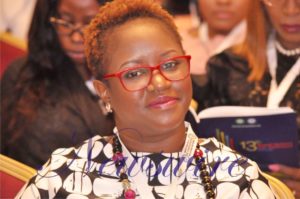
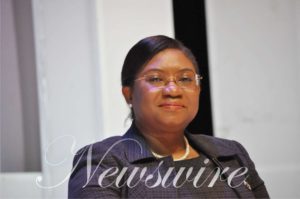
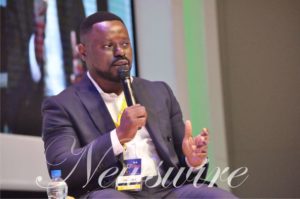
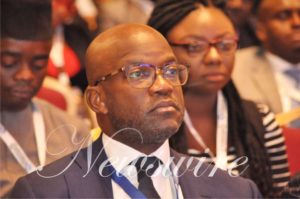
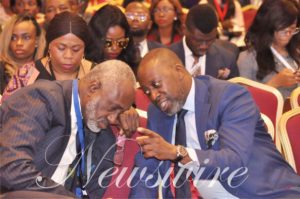
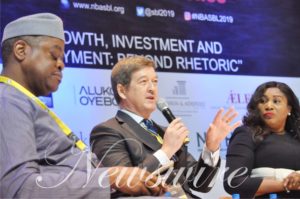
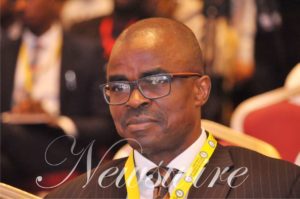
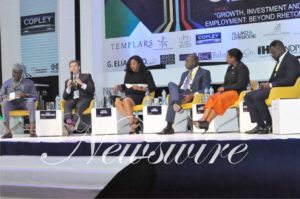
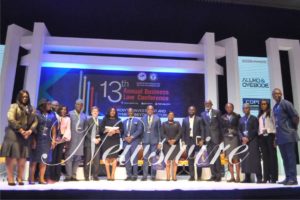
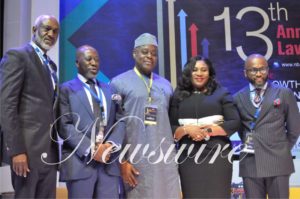
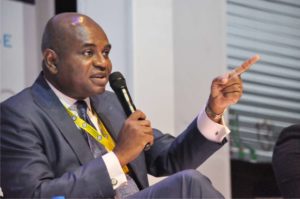
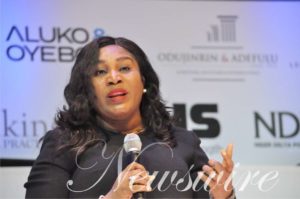


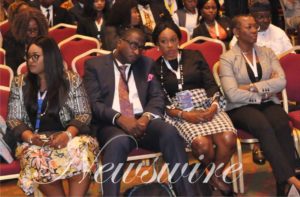
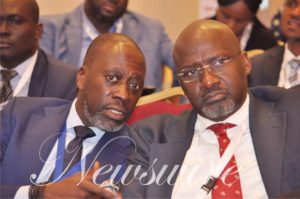
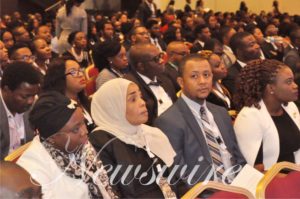
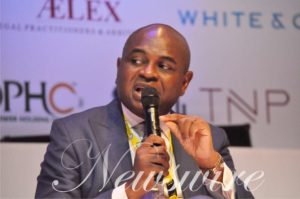
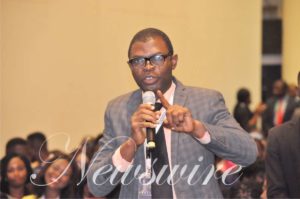
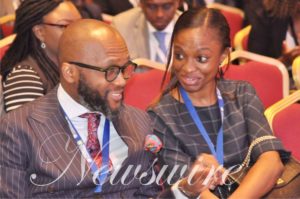
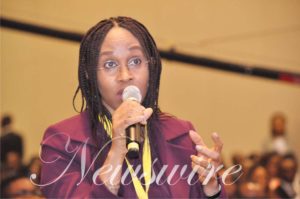
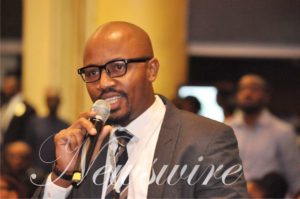
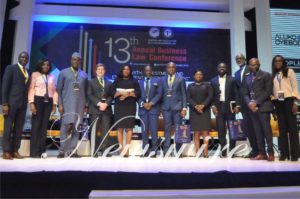
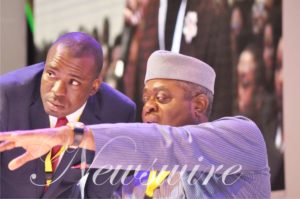
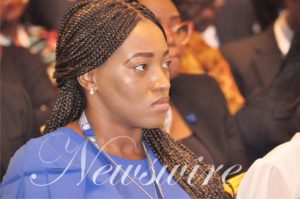
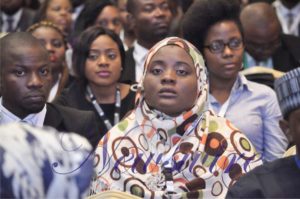
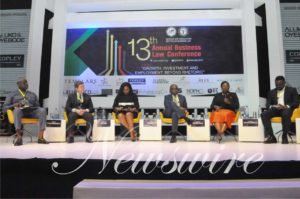
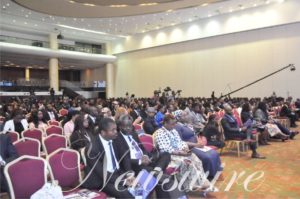
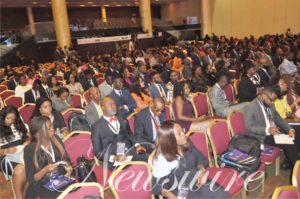
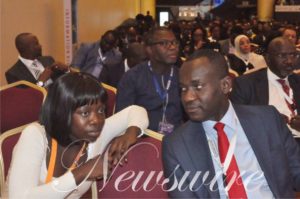
Newswire, we present the world of law and the issues that engage them. This edition is yet again, ‘Mind-blowing’. Go get your copy(ies) Now!

Do you need to be heard? Or your articles published? Send your views, messages, articles or press release to: newswiremagazine@yahoo.co.uk >>> We can cover your (LAW) events at the first Call: 08039218044, 08024004726
-Advertisement-
Grab our latest Magazine, "Chief Wole Olanipekun, CFR, SAN, A man of wide horizons and deep intentions". Get your order fast and stress free.
For more details about Newswire Law&Events Magazine, kindly reach out to us on 08039218044, 09070309355. Email: newswiremagazine@yahoo.co.uk. You will be glad you did





